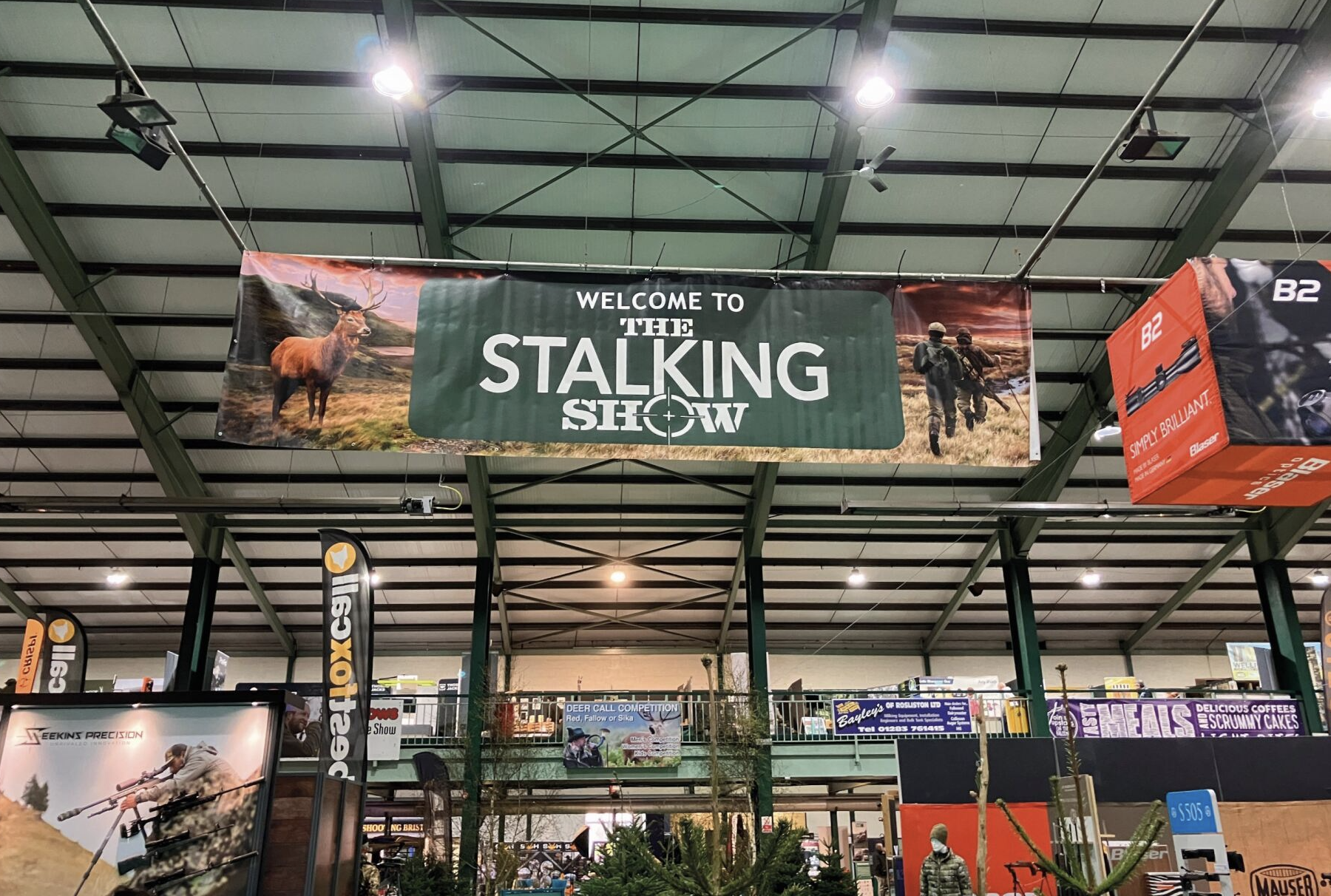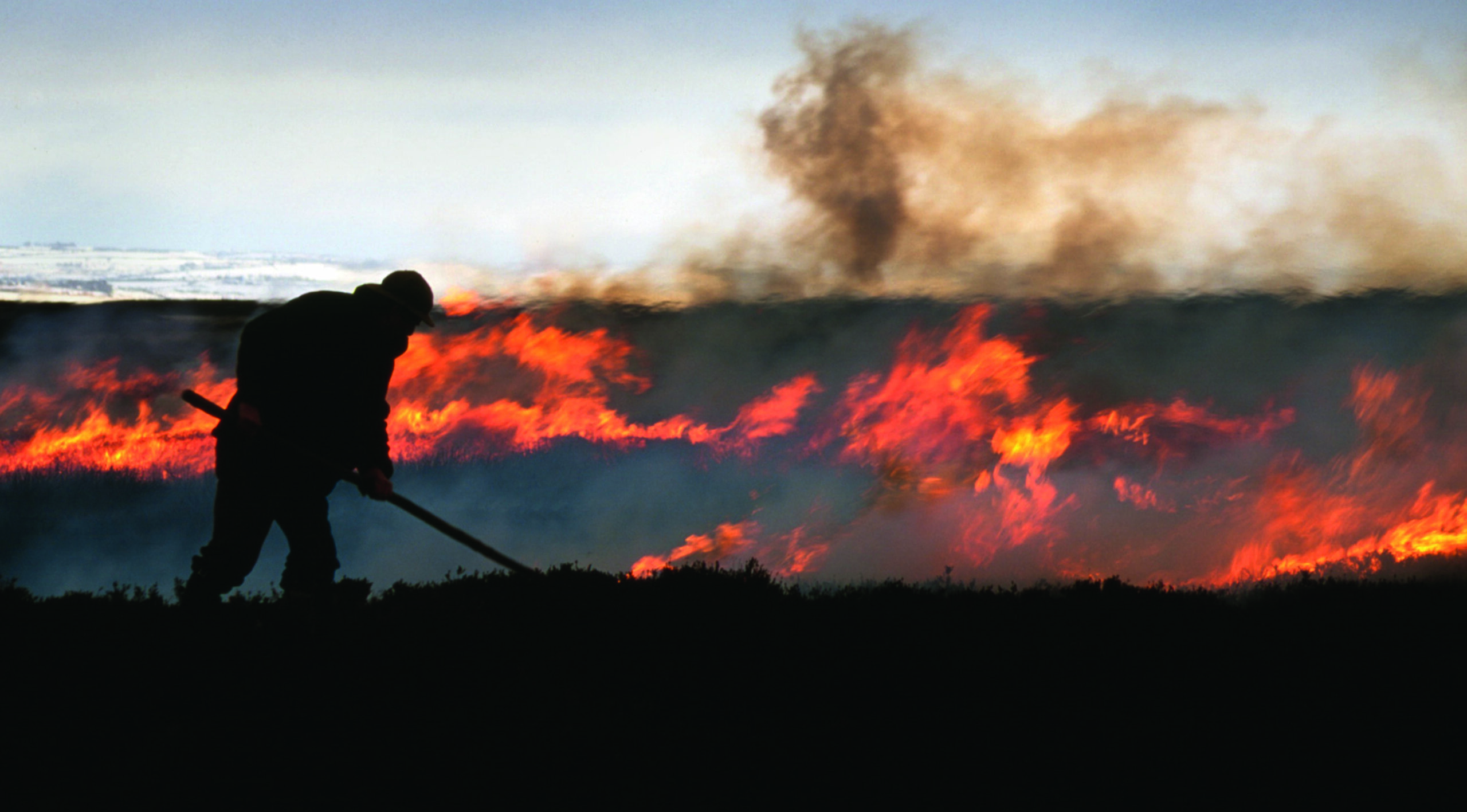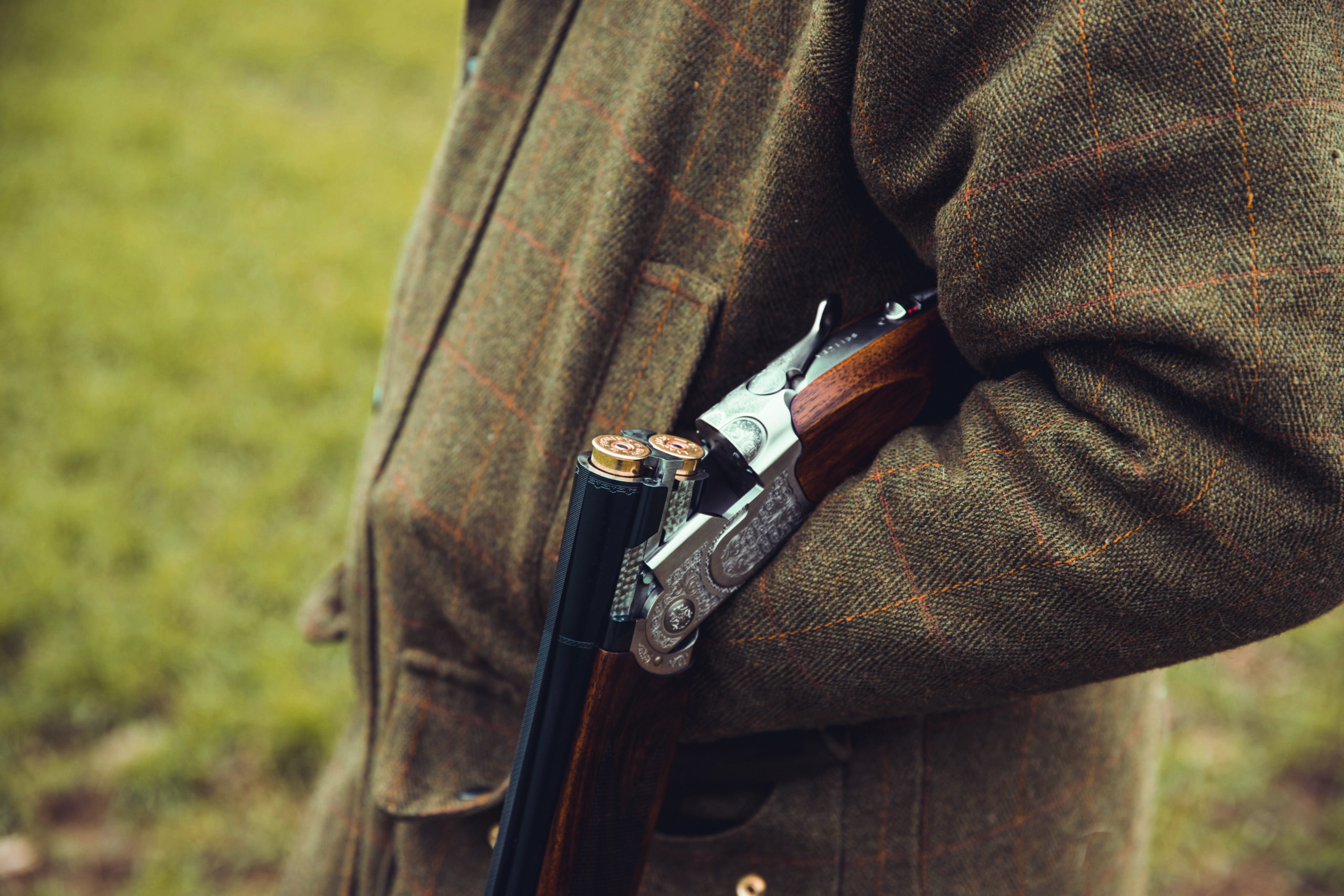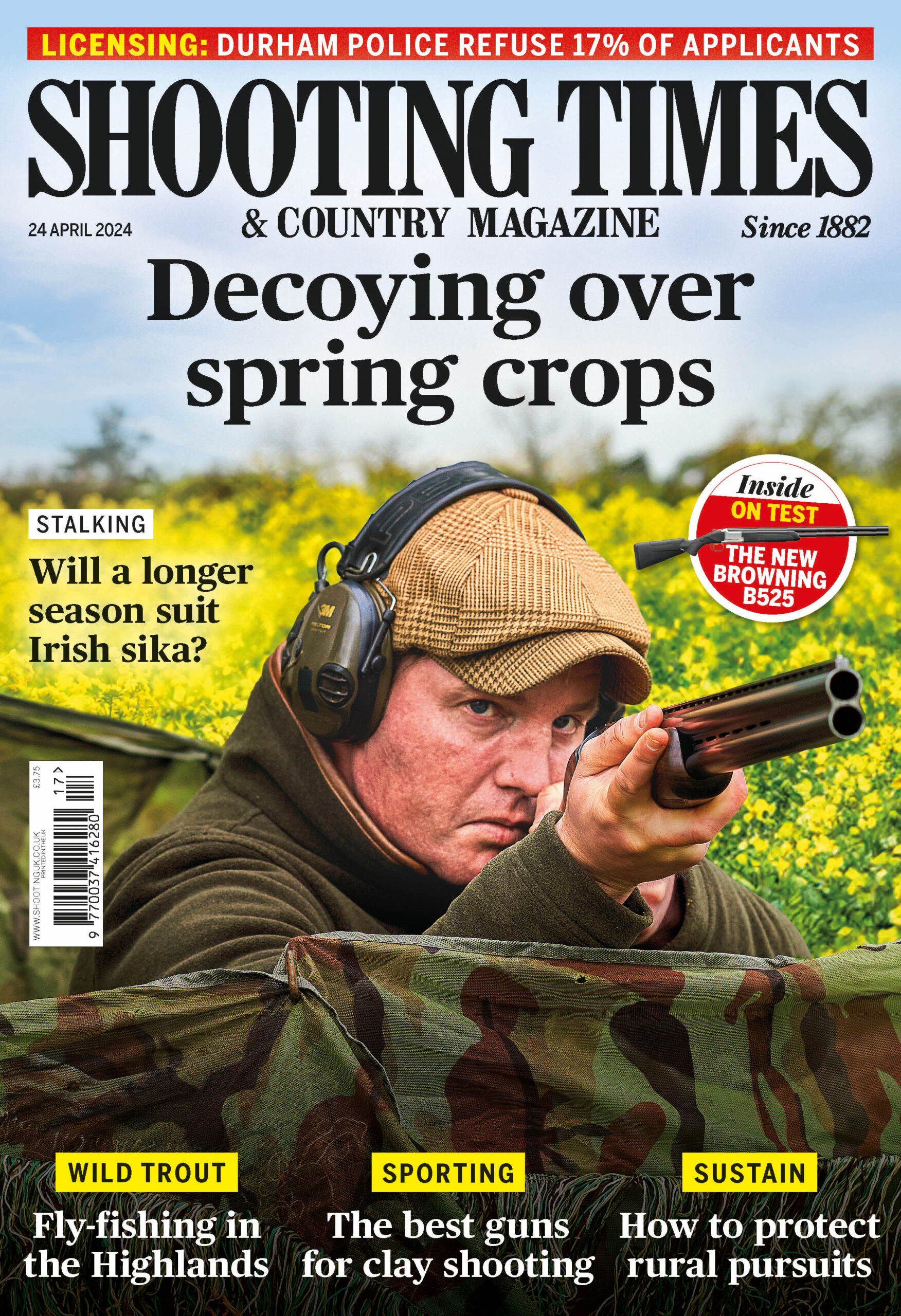RSPB to review gameshooting and land management
The announcement was made at the charity's annual general meeting on Saturday 26th October 2019
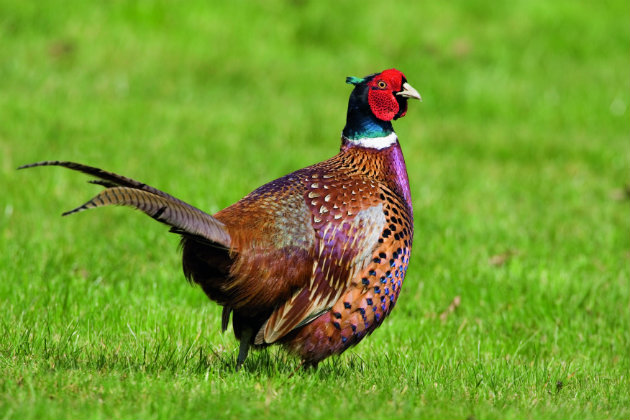
The RSPB is reviewing its policy on gameshooting
Kevin Cox, the chair of the Council, has announced that the RSPB would be reviewing its policy on gameshooting and land management.
He stated that RSPB policy makers would develop “a set of conservation tests for management practices associated with game bird shooting.” He acknowledged that this is an “emotive issue”.
He continued: “We will use these to guide the RSPB’s conservation policy, practice and communications, consistent with the ongoing climate and ecological emergency, respectful of our charitable objectives and maintaining the confidence and support of our members.
“We intend to do this, informed by the views of members and other stakeholders many of whom we have engaged with on these issues for decades.”
This is likely to get interesting! https://t.co/EAfjBrUWqR
— RSPB Birders (@RSPBbirders) October 26, 2019
A first
Whilst the RSPB has previously commented on hen harrier persecution and wild birds on grouse moors it has not directly challenged the shooting industry before.
It will be interesting to see how the RSPB’s new stance holds up as the charity’s Royal Charter commands: “The Society shall take no part in the question of the killing of game birds and legitimate sport of that character except when such practices have an impact on the Objects.”
Kevin Cox explained the charity’s new position saying: “Environmental concerns include the ongoing and systematic illegal persecution of birds of prey such as hen harriers on some sporting estates; the ecological impact of high numbers of game birds released into the countryside increasing the density of generalist predators; the mass culling of mountain hares in some parts of our uplands; the use of lead ammunition; the impact of burning peatlands and medicating wild animals for sport shooting.
“In response to the evidence about the scale of the environmental impact and growing public concern, including from our membership, the RSPB’s Council has agreed to review our policy on game bird shooting and associated land management.”
The GWCT’s director of communications Andrew Gilruth said: “It sounds unlikely the RSPB would decide to oppose shooting because they have spent the past ten years helping to fund the recovery of a driven grouse moor, at Langholm on the Scottish Borders, which aimed to shoot 1,000 brace a season. They supported the use of traditional moorland practices, such as heather burning to restore the habitat, the killing of foxes and crows to help recover the ground-nesting bird species, and the use of medicated grit to reduce worm burdens in red grouse. All of these techniques are regulated, but legislation does not always work – especially in cases of wildlife conflict. Langholm Moor has also provided the best evidence that the conflict between red grouse and hen harriers is genuine. This is why the Game & Wildlife Conservation Trust supports Defra’s hen harrier brood management scheme, which seeks to address the underlying conflict behind the illegal killing of harriers.”
Caroline Bedell, BASC’s executive director of conservation, said: “In announcing this review, the RSPB has said it is responding to growing concerns about the environmental impact of shooting. It’s important for the RSPB and for shooting that it does not translate the loud protestations of certain elements of its membership into an anti-shooting agenda.”
“The environmental, economic and social benefits of shooting have been repeatedly illustrated by research and reports. The Countryside Alliance will continue to robustly promote and defend properly conducted game shooting.”
Wild Justice abandons latest campaign on general licences … for now
On 18th July the group Wild Justice announced a new threat against the gameshooting community, saying that gamebird releases ought…
Sporting Gun talks to Dr Mark Avery of Wild Justice about general licences
Sporting Gun: What provoked you to initiate your legal challenge to Natural England (NE) about the general licences when you…
However former RSPB chief and wild Justice lobbyist Mark Avery commented: “This is welcome news… I’m pretty sure that the existence of Wild Justice, getting into some areas where the RSPB has been nervous to tread, has also been a factor.”




